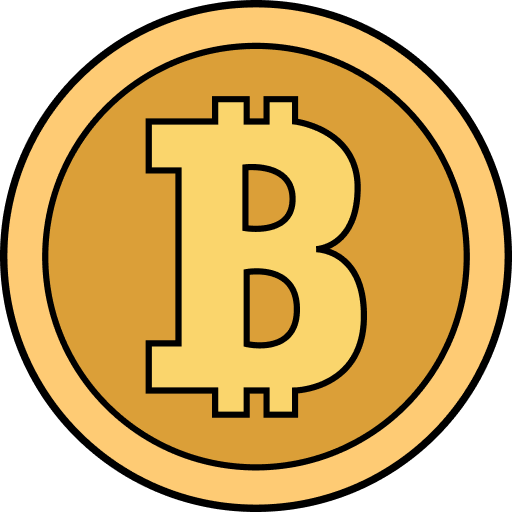Why Your Business Should Use a Full Node to Accept Bitcoin
If you’re running a business that accepts bitcoin, you should use a full node wallet in your backend to accept bitcoin. If using a centralized web API like blockchain.info or blockr.io instead, or using a payment processor like Bitpay, BitGo or Coinbase.com, then there are significant downsides that you should be aware of.
Contents
Verification and Stopping Counterfeits
This is the most important reason, although it’s a little complicated to understand.
If your business took cash banknotes or gold coins as payment, you wouldn’t accept them without carefully verifying that the banknotes were genuine and that the gold was real. The same is true with bitcoin, payments must be genuine or else your business might be left out of pocket.
For a bitcoin to be genuine, it must follow all the rules of the bitcoin network. Rules like:
- Nobody ever spent coins without holding the private key.
- Nobody spent the same coins twice.
- Nobody ever created money out of nothing (except for miners, and only according to a well-defined schedule).
- Nobody violated any of the other tricky rules that are needed to keep the system in check (difficulty, proof of work, DoS protection, …).
Only a full node under your control give you certainty that all these rules of Bitcoin are followed, which therefore checks that your incoming payments are genuine. There are small scale attacks possible where your business may be left holding fake bitcoins that have no value and disappear soon after.
But if an bad actor were ever to attack Bitcoin in this way, it would likely be an attack on the entire currency rather than your single business. So if Bitcoin is valuable to you, and you want to see it survive then it is essential to use a full node for your business’ transactions, not a payment processor or lightweight wallet.
Uptime
When a centralized web API like blockchain.info goes down, any business payment processor relying on them will go down too.
A full node is part of a peer-to-peer network, which has very strong properties of resilience and uptime. The p2p network will never go down unless bitcoin itself dies.
Bittorrent, a similar p2p network to Bitcoin, is known for its unrivaled and impressive uptimes.
World’s Oldest Torrent Is Still Being Shared After 4,419 Days
On the other hand, web APIs like blockchain.info that have a single point of failure go down all the time.
https://www.reddit.com/r/Bitcoin/search?q=blockchain.info+down&restrict_sr=on
Censorship Resistance
Often businesses use bitcoin in sectors that are frowned-upon or outright blocked. One of the very early uses of bitcoin was by Wikileaks to accept donations after Paypal and Visa imposed a worldwide blockade. Many online poker sites in the US are also blockaded by banks and payment processors and so use bitcoin instead.
In one case a payment processor attempted to strongarm a business into spying on their users.
Seafile accepts bitcoin after Paypal shenanigans
On another occasion, the Bitpay payment processor shut down its business relationship with torservers.net, however the non-profit continued to accept bitcoin directly and was not affected.
Twitter announcement by torservers.net
If your business fits this profile, switching out one centralized payment method (Bank Transfer, Visa, Paypal) for another (Bitpay, Coinbase.com, blockchain.info) does nothing to stop your payments being shut down.
A Bitcoin full node is the most censorship-resistant way of using bitcoin. By connecting directly to the p2p network, nothing can stop you from receiving or sending payments.
Privacy
If you use a centralized web API or payment processor, that institution will know what all your bitcoin addresses are. It will know what your business’s entire cash flow and income is.
On July 20th 2016, the owner of the torrent site KickAssTorrents was arrested and the website shut down. One contributory factor was that the owner accepted bitcoin donations using Coinbase.com’s payment processor.
Coinbase Helps FBI Shut Down KickAssTorrents
A bitcoin full node does not reveal to any third-party server which addresses are in it’s wallet. It downloads the entire blockchain history from the p2p network, and therefore preserves your privacy in this respect.














 Twitter
Twitter
 Telegram
Telegram
